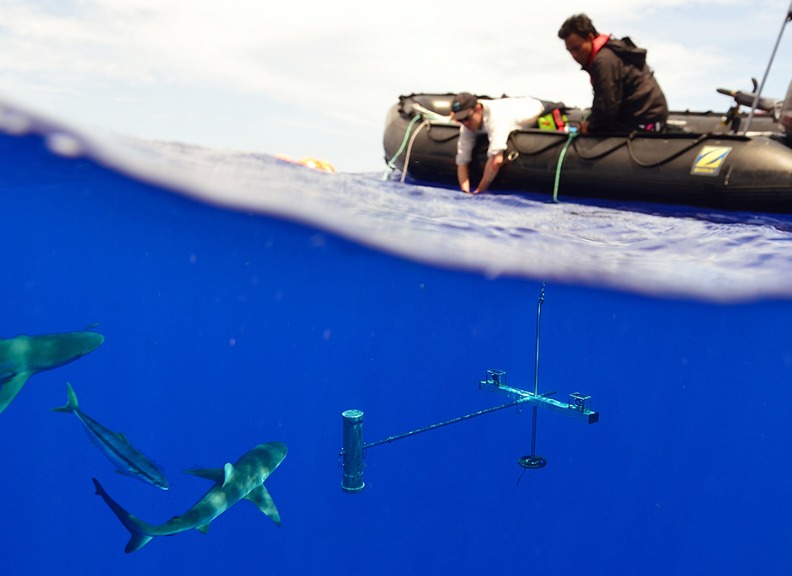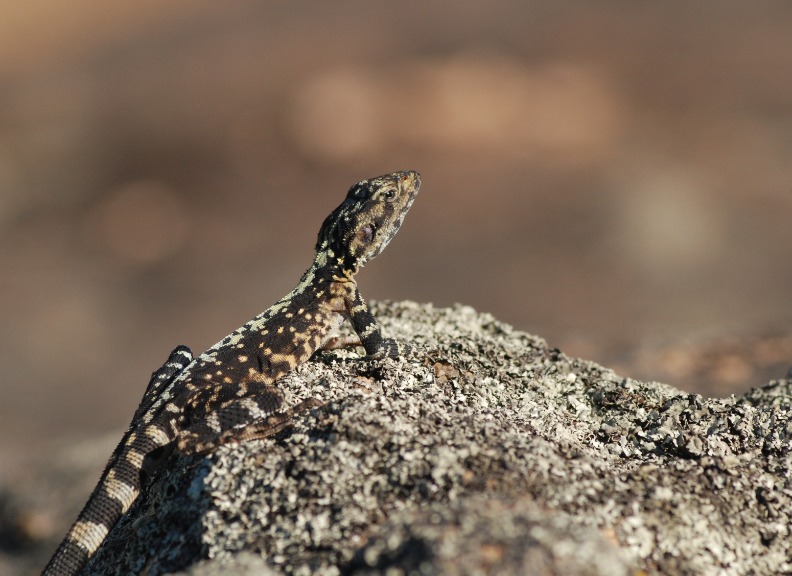Research
Computational biology
Understanding biology using computational analysis
UWA hosts the Centre for Applied Bioinformatics to address fundamental and applied questions in biology using big data approaches, and methods and tools from mathematics, statistics and computer science. The centre spans schools and institutes to seek to answer problems in a range of biological and biomedical fields and applications.
Featured course
Key staff
For more information about our work and current projects, contact our key researchers:




